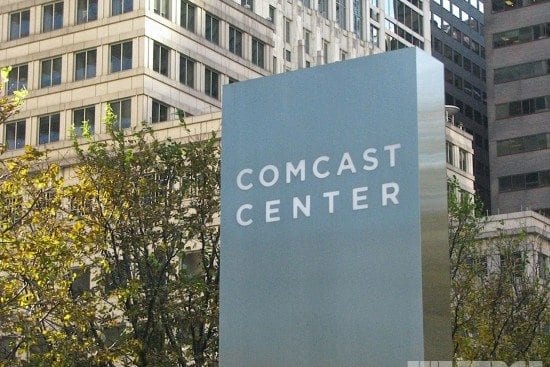Cable giant Comcast announced that 200,000 of its customers will have to reset their login information after a suspected security breach, although the company denies it was hacked. A post on the dark web claimed to sell a package of 590,000 Comcast user emails and passwords for $1,000. Brian Spector, CEO of CertiVox explains about comcast resets
[su_note note_color=”#ffffcc” text_color=”#00000″]Brian Spector, CEO of Certivox :
-
If there wasn’t a breach then what happened?
“The company can’t deny it was hacked with certainty if legitimate login details are available for sale on the Internet. If that’s the case, then they were hacked.”
-
Can anything be done to stop the sale of personal info on the dark web?
“No, this is multi-billion dollar dark web business. The only thing that can be done is to stop storing personal info on the web.”
-
What should Comcast do?
“Take the necessary steps to determine if they were hacked. If so, come clean. Compensate users for any loss of personal data which could lead to identity theft.”
-
What should users do?
“Users should change their passwords on all accounts immediately but in general, the industry needs to get over passwords. They don’t scale for users, they don’t protect the service itself and they are vulnerable to a myriad of attacks. 2-Factor-Authentication for protection works, but it’s hardly user friendly. There are cryptographic security advancements available in the authentication space today, that combine multi-factor-authentication with excellent ease of use that delight customers. These protocols remove all the threats we have become so accustomed to reading about every week. Database hacks, password reuse, browser attacks and social engineering can all be a thing of the past in the authentication space. Your customers are rightly demanding to be protected when they submit their valuable personal information to you and online services should seriously consider taking that seriously.”[/su_note]
The opinions expressed in this post belongs to the individual contributors and do not necessarily reflect the views of Information Security Buzz.




